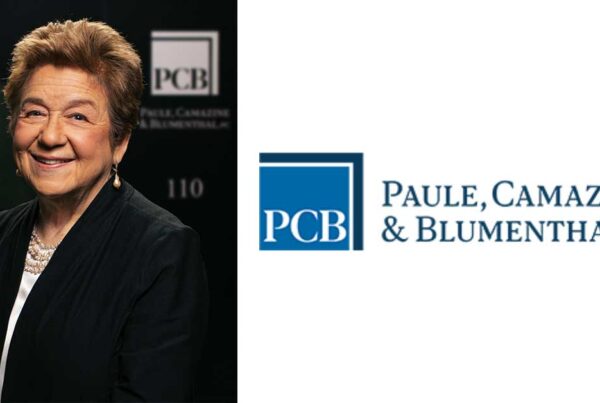
Your 16-year-old son has been picked up by police for shoplifting. What should you do?
Your son’s case will be referred to the juvenile court because he is under 17 years of age. If the police have taken him to the police station, he should be transferred to the juvenile court. This constitutes “being taken into custody.”
The police have a duty to notify you. You have a right to be present during questioning and a deputy juvenile officer has an obligation to be present as well. The juvenile has the right to remain silent and the right to a lawyer. The juvenile should be advised to identify himself by name, address, and age.
The juvenile may be photographed and fingerprinted if he has committed a serious crime.
Will the juvenile be detained?
Any juvenile believed to have broken the law can be detained for up to 24 hours without a court order. His parents should be notified as soon as possible. Detention means that the juvenile is confined in a juvenile detention center. The juvenile has the right to know the reason for his detention. In addition, the juvenile has the right to a detention hearing usually within three days, at which time a judge will determine if the juvenile will be released to his parents or another responsible adult or continue to be detained because of concerns about community safety and the safety of the juvenile himself. The juvenile has a right to be informed of his rights during detention.
What if the juvenile is not detained?
A deputy juvenile law officer is assigned to each juvenile case and makes recommendations, after intake interviews, about how the case should be handled initially. Very often, for first-offending juveniles, there may be a meeting scheduled with the family, the juvenile and the deputy juvenile officer (“DJO”). This can lead to what is known as “informal adjustment.” Basically, this is an informal contract between the DJO, the juvenile, and the family for services to be provided to the juvenile, for the juvenile to make restitution (repayment for the damage caused), community volunteer work, drug testing, and possibly counseling or psychological evaluations. All of this presumes the family is able and willing to undertake supervision of the child.
What is a petition?
A petition is a document that contains the charges against the juvenile. It is filed with the court and the juvenile judge or commissioner will hear the case.
What happens if the court, after a hearing, determines that a juvenile committed a crime?
When this occurs, the court officially takes “jurisdiction” or power over the juvenile.
It is very important to have competent legal representation from the time the juvenile is taken into custody throughout the proceedings. This is particularly true for a meeting or a hearing. The hearing is known as “adjudication.” How the court deals with the juvenile is known as “disposition.” A juvenile might be returned to the custody of his parents under a supervisory order. There may be conditions that the juvenile has to follow such as regular meetings with the DJO, strict curfew requirements, school attendance monitoring, drug screening, or involvement in a court program for substance abuse. In more serious cases or where the juvenile has a history of noncompliance with supervision, the judge may send the juvenile to a residential placement or to the Missouri Division of Youth Services.
Juvenile records are confidential in most cases. However, as they are always available to law enforcement officials, it is important to obtain good advice from experienced lawyers who appear regularly in Juvenile Court before each contact with the court.
By: Susan E. Block
Juvenile Law Attorneys Attorneys
Juvenile Law News & Articles



